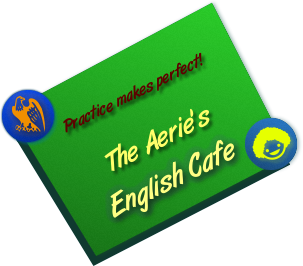Connecting with e-Learners Through Podcasting
July 20, 2010
Online instructors often struggle to find ways to connect with students on a consistent basis through a means other than written discussion such as forums and emails. In an online learning community where students are primarily reading a body of course material, the goal of an online instructor is often to establish a sense of connectedness between the student and the material. Words in a textbook or PowerPoint presentations do not provide enough engagement to ensure students are actively participating in their learning, therefore it is crucial to use additional modalities to facilitate connectedness.
Podcasting offers an opportunity to connect with students and enhance the instructor-student interaction. It also provides an avenue for instructors to meet students at a time most convenient for the student with information that can be repeated as often as the student needs. Students already use various types of mobile devices, which provide access to the most current news stories, weather forecasts, movie trends, and restaurant reviews. Being able to add on-the-go course content and guidance related to textbook readings would resolve the "non-interaction" that occurs between students and their online instructors, as well as greatly enhance an instructor's "visibility." Busy students want to receive information through a convenient delivery method... enter the RSS feed. The utilization of an RSS feed captured in a podcast allows instructors to "push" course content out to the students instead of students needing to search for information.
By definition, a podcast is a series of digital content files that are released as episodes through the use of Web syndication or RSS feeds. The files can be audio or video, and—if crafted carefully—can create an environment similar to a face-to-face classroom, but with the advantages of availability, accessibility, and repetition. The podcast can be played over and over again until comprehension is achieved. As modern learners experience an increasing demand on their time, podcasting can facilitate a more flexible, mobile learning option.
The Journey to Connect: A Case Study As a teacher of online pathology courses, I have come across instances that present perfect segues into possible podcasting topics. Traditional textbooks use strategically placed "think about" questions throughout each chapter to force the reader to review the material in manageable segments. This format provided a perfect template for the webisodes. I began the episodes with a brief discussion of the assignments for the week. The bulk of the episode consisted of me answering the questions posed throughout the chapter of the textbook. This methodology provided the students with time to read each section, answer the question on their own, and then play the podcast to hear my answer. I used a "disease of the week" to wrap up each episode, choosing conditions that were not covered in the class but were of professional interest.
P.S. This is only the first part of this article, the next part'll be about the concept development, theme choosing and developing and advancing plan...stay tuned.



